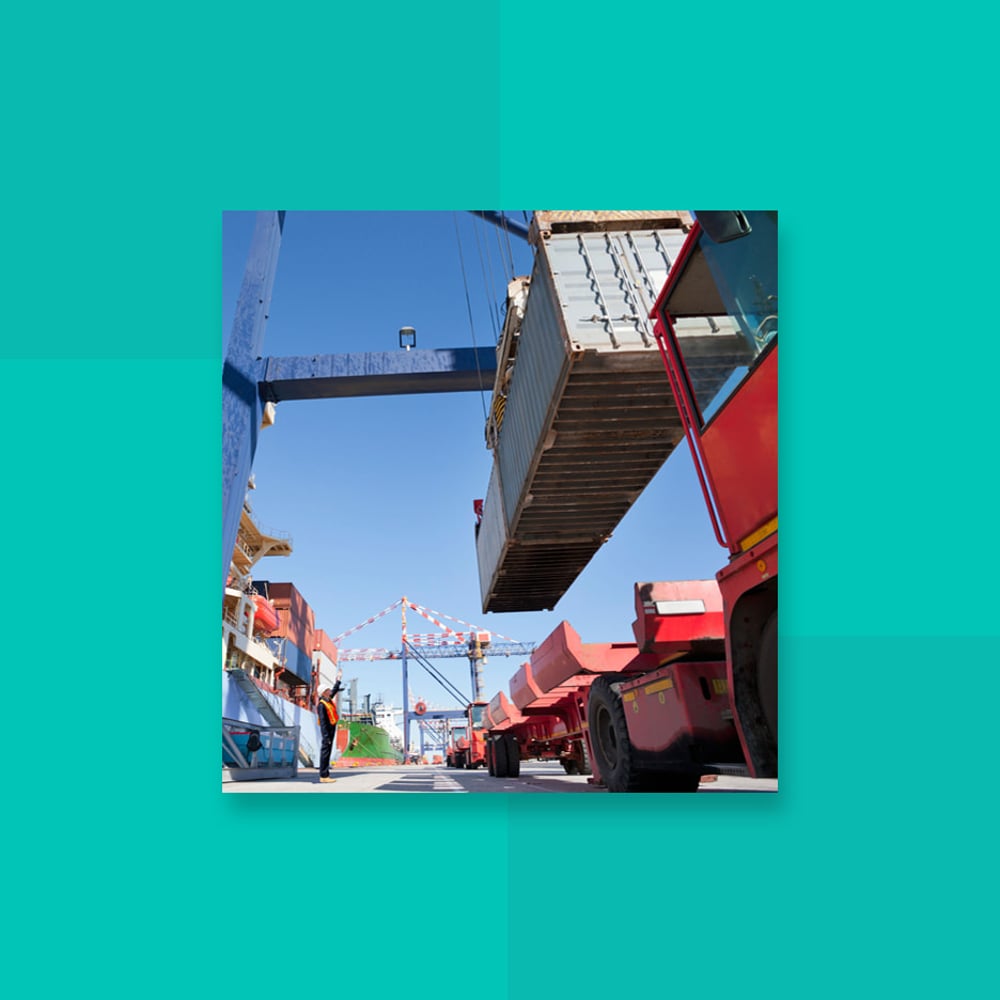Find information faster and focus on implementing operational changes with a trusted source for marine regulatory publications.
The sub-committee on Carriage of Cargoes and Containers is where all matters related to the carriage of packaged dangerous goods, solid bulk cargoes, bulk gas cargoes, containers, and zero and low carbon fuels are discussed.
The sub-committee reviews or updates relevant codes including the IMSBC, IMDG, IGF and IGC Codes.
CCC 10 met in London from 16 - 20 September 2024.
Alternative fuels:
-
Interim guidelines for the safety of ships using ammonia
These Interim Guidelines have been finalised and are expected to be approved during MSC 109 (2 - 6 December 2024). These were developed using the IGF Code as a basis and provide a base standard for the Alternative Design and Arrangements process in SOLAS Chapter II-2, regulation 55. In this way, the guidelines aim to provide an international standard for the safety of ships using ammonia as fuel (other than gas carriers using their ammonia cargo as fuel). The Guidelines follow the goal-based standards approach and include goals and functional requirements. Due mainly to timing constraints, some chapters do not contain detailed requirements demonstrating how the functional requirements should be met. As such it is recognised in the draft covering Circular that further development to the Guidelines will be required once experience in their use has been gained. -
Early implementation of IGC Code amendments - use of ammonia cargo as fuel
The deletion of the prohibition of use of toxic cargo as fuel from the IGC Code was agreed by MSC 108. This was necessary to allow ammonia carriers to use their cargo as fuel. The amendments are anticipated to enter into force on 1 July 2026, however, MSC 108 agreed that a voluntary early implementation provision could be considered at MSC 109. Accordingly, Flag Administrations may be able to apply these amendments as early as December this year. The relaxation on the use of toxic cargoes can be applied to new and existing ships and Flag Administrations can apply them from 1 July 2026. The related guidelines on the use of ammonia cargo as fuel on ships subject to the IGC Code will be developed by correspondence in the lead up to CCC 11 next year with a view to these being approved at MSC 111 in the Spring of 2026 ahead of the entry into force date. -
Guidelines on the use of ammonia cargo as fuel on ships subject to the IGC Code
The related guidelines on the use of ammonia cargo as fuel on ships subject to the IGC Code will be developed by correspondence in the lead up to CCC 11 next year with a view to these being approved at MSC 111 in the Spring of 2026 ahead of the entry into force date.
Other matters:
-
CCC finalised the draft MSC resolution with amendments to the IGC Code
Expected approval at MSC 109 and subsequent adoption at MSC 110, with the expected entry into force on 1 January 2028. These amendments are extensive and they incorporate a number of unified interpretations, the Interim Guidelines for Use of Liquefied Petroleum Gas (LPG) Cargo as Fuel and other new provisions into the IGC Code. -
Amendments to resolution A.1050(27) - Revised recommendations for entering enclosed spaces aboard ships
The draft revised recommendations have been finalised. The objective of these recommendations is to encourage the adoption of safety procedures and the development of sound practices aimed at preventing casualties to, and enhancing the safety of, personnel entering or working in enclosed spaces where there may be an oxygen-deficient, oxygen-enriched, flammable and/or toxic atmosphere. Additionally, in the event of an emergency within an enclosed space, these recommendations provide guidance for an appropriate, planned and considered response complying with ship-specific enclosed space rescue plans.






